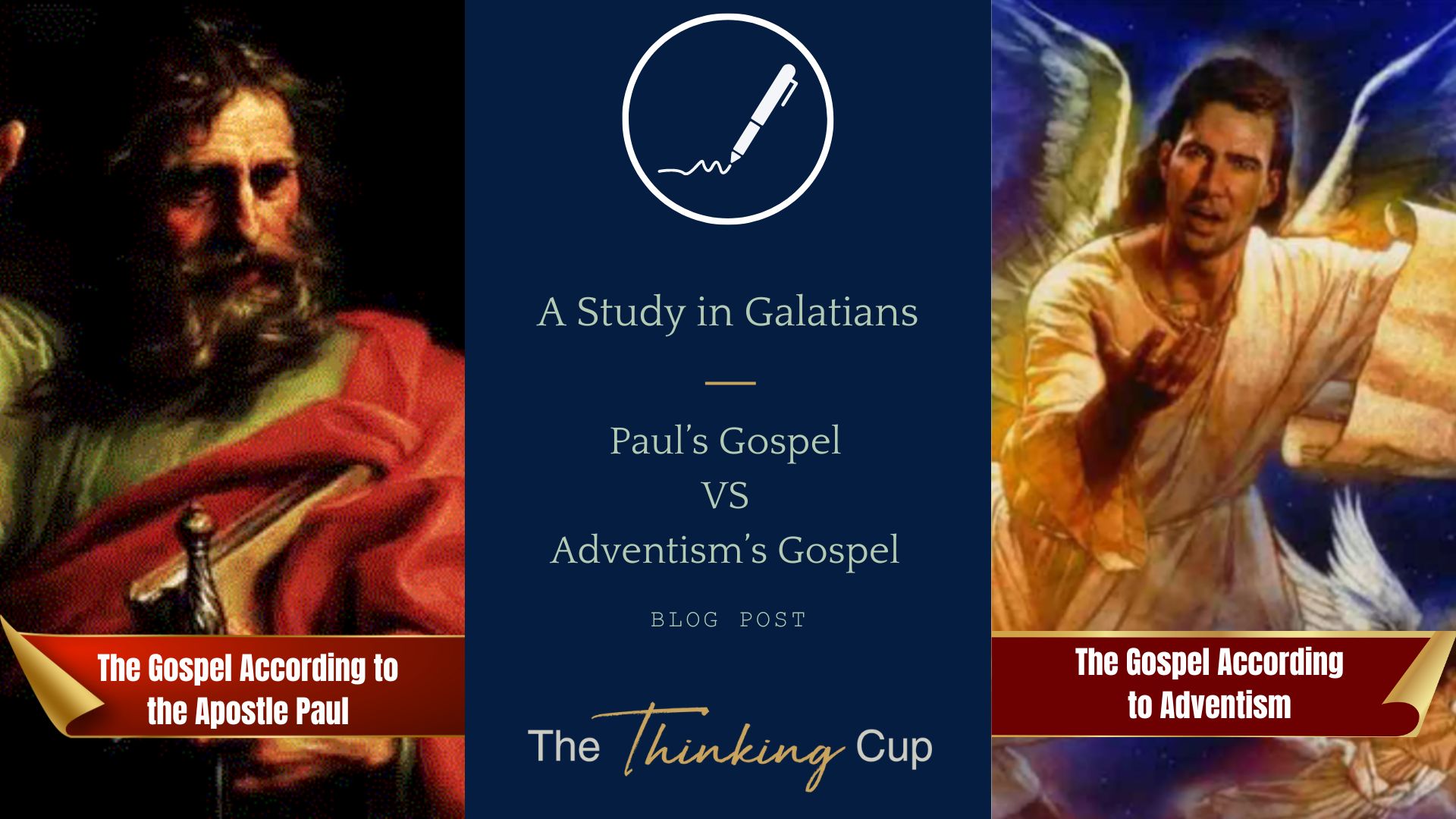Imagine yourself in southern Turkey during the reign of Emperor Claudius, a time when the Roman Empire was at the height of its power and influence. The air is thick with the smell of incense burning in the many temples that fill the town. The streets are lined with statues and altars dedicated to various gods, each worshiped by different ethnic groups. Every corner of the city bustles with life, with people offering sacrifices, saying prayers and seeking favor from their chosen deities. It’s a melting pot of beliefs, where ancient local gods share the spotlight with foreign ones and, increasingly, with the emperor himself. The imperial cult has begun to rise, and for some, worshiping the emperor is as important as worshiping the gods. Rome’s authority looms large, not just politically but spiritually, as many people now associate the emperor with divine power.
Amidst this swirl of idolatry and religious diversity, there is a small but significant Jewish community. These Jews, who gather at their synagogue, stand apart from the surrounding culture. They resist the pull of paganism and the imperial cult, holding fast to their belief in the one true God. They are a minority under pressure, grappling with the threat of the empire’s growing influence while clinging to their ancient laws and traditions that have kept their faith alive for generations.
Suddenly, into this volatile mix arrives an unusual figure—a passionate Jewish man named Paul. He’s not wealthy or powerful in the worldly sense, but he speaks with an authority that comes from deep conviction. His message is like a bolt of lightning in the spiritual landscape: there is only one God, the true Creator of the universe, and He has unveiled His ultimate plan for humanity. And this plan didn’t come through a political ruler or a mythical god but through a man—Jesus of Nazareth. Paul proclaims that Jesus is no ordinary man; He is the Messiah, the long-awaited king foretold by the prophets. But this Messiah isn’t just for the Jewish people; His reign transcends all others, and His kingdom is for the whole world. His kingship is not about military conquest or political dominance but about redemption, forgiveness, and a new way of life that defies the empire and challenges every other allegiance.
Paul’s message cuts across the deeply ingrained beliefs of the town’s inhabitants. This is a radical and even threatening idea for those devoted to their gods. For the Jews, it shakes the foundation of their expectations of the Messiah. And for everyone living under Roman rule, it challenges the notion that Caesar is the ultimate authority. Paul’s proclamation of Jesus as the king-to-end-all-kings is not just spiritual—it’s revolutionary. In a world where gods, emperors, and traditions rule people’s lives, Paul announces a new kingdom that calls for complete allegiance to the one true God and His Messiah, Jesus.
With this in mind, I ask that you pick up your Bible and READ GALATIANS in one setting.
I have a few questions with regard to this amazing letter from Paul:
40 Questions to Ponder
- What had the Galatian church done that shocked Paul?
- Why do some find this ‘gospel’ of following the Law of Moses appealing?
- What conflicts do you see between Paul’s Gospel and the Adventist Gospel?
- How has the Gospel message through the Adventist church diverged from Paul’s Gospel to the Galatians?
- Paul left his Jewish identity behind, even though he was a Jew, by taking on his new identity in Christ. Do Adventists identify as ‘Adventists’ or ‘Christians’?
- What is the foundation of our being declared ‘righteous’? How are we made right with God, according to Paul?
- How is a person made right with God, according to Ellen G. White and the framework of Adventist theology?
- What was Paul’s reaction to the news that his Christian friends in Galatia are thinking of getting circumcised and trying to become part of the physical family of Israel?
- How does ‘circumcision’ as a sign of being a part of the Israelite family compare to Adventist’s understanding of ‘Sabbath’ being the special seal of the remnant?
- How does Paul make the case for the primacy of faith over the Jewish Law?
- Why are those who try to live by the Mosaic Law doomed from the start?
- How can we be sure that the covenant with Abraham precedes the Law of Moses?
- How does Paul explain the purpose of the Mosaic Law?
- Do you think Paul only referred to the Decalogue or the ENTIRE Mosaic Law (all 613 Laws)?
- What is the relationship between the Law of Moses and promise?
- In Gal. 3:22, many Bible translations have “the faithfulness of Jesus Christ” instead of “faith in Jesus Christ.” Which do you think is more accurate, and why?
- In chapter 4, how does Paul contrast the previous and the current state of the Galatians?
- Do you feel that the Adventist church tries to create an ‘inner circle’ similar to what Paul references in Gal. 4:17? Should there be us and them within the Body of Christ?
- How does Paul use Hagar, Sarah, and their sons to represent the Gospel?
- How does the Adventist church create division in the Body of Christ by looking at certain groups or types of Christian believers as not quite measuring up?
- In Gal. 5:1-6, Paul says that it is for freedom that we were set free. What does he mean by this?
- Does the Mosaic Law indicate whether a person is part of God’s family?
- What are the true marks of belonging to the family of God from Paul’s perspective?
- What harm had been done to the Galatians by an unnamed person or group? (Gal. 5:7-12)
- Does the Adventist church cause harm to the ‘truth’ Paul is speaking of?
- What does Paul mean in Gal. 5:11 when he says the cross is an offense or scandal? (scandal means ‘something people trip over”
- Does the cross offend people in the same way today?
- Does the Gospel representation through the Adventist church bring offense to what the Bible claims?
- Why and how (according to Paul) is strife among Christians so destructive?
- Paul talks a lot about the works of the flesh. How do we account for these sins also occurring among Christians?
- What are the implications of our being crucified with Christ?
- How are we to cooperate with the Spirit?
- In Galatians 6:1- 5, what attitudes do Christians have towards each other?
- Do you feel this is the attitude that Adventists have when members choose to leave the SDA Church?
- Why do you think many Adventists are hostile towards members leaving the Adventist church? Does this play into the Adventist view of the Remnant and the Sabbath?
- In Galatians 6:11-18, how might submitting to circumcision avoid persecution?
- As an Adventist, how would submitting to the Doctrines avoid persecution?
- How would publicly and verbally leaving the church bring about persecution?
- What do you think it means to ‘boast’ in the cross of Jesus?
- Who is now God’s true, fulfilled Israel? Is it the Adventist Church?
I would be honored to hear your responses to any of these questions as you study the book of Galatians. Feel free to leave them in a comment, or you can privately email me using the contact link on the blog.
In Christian Love,





0 Comments